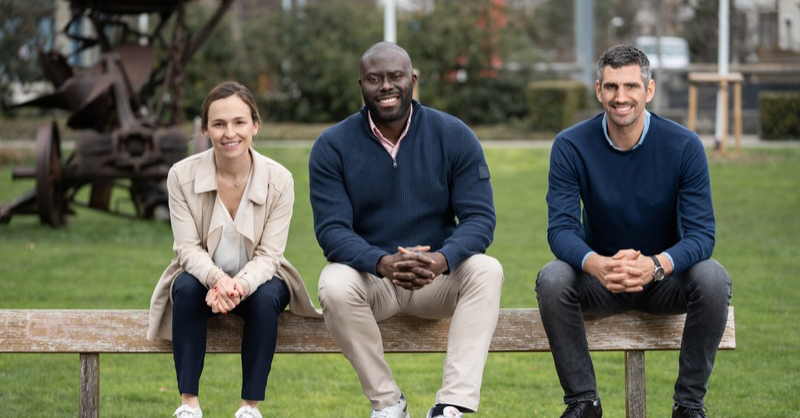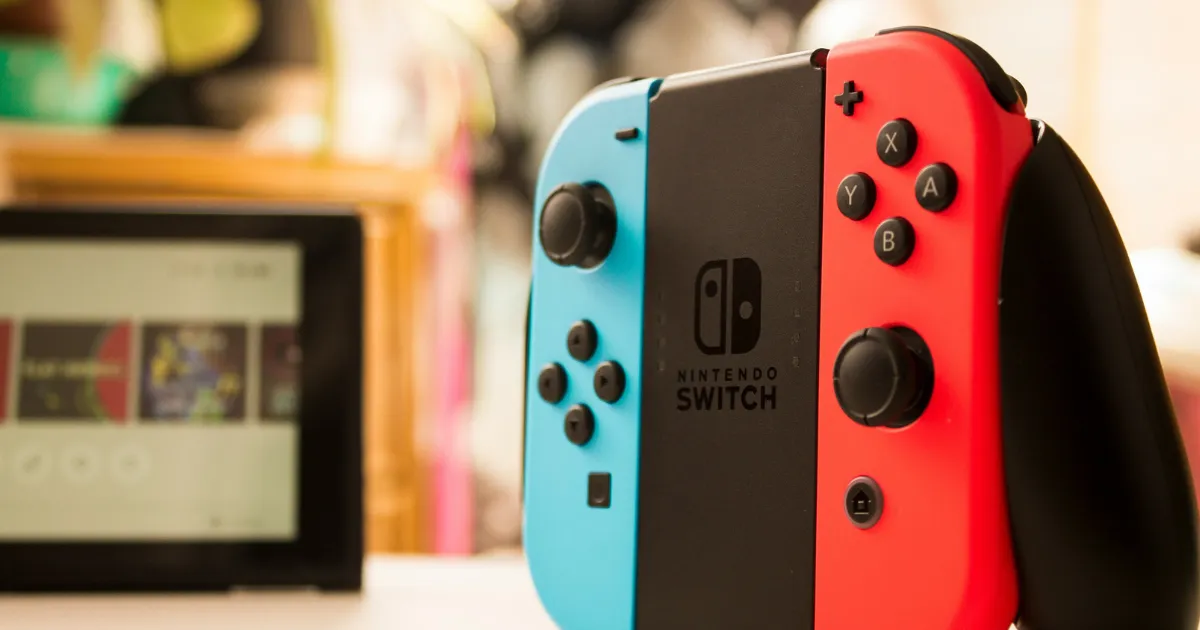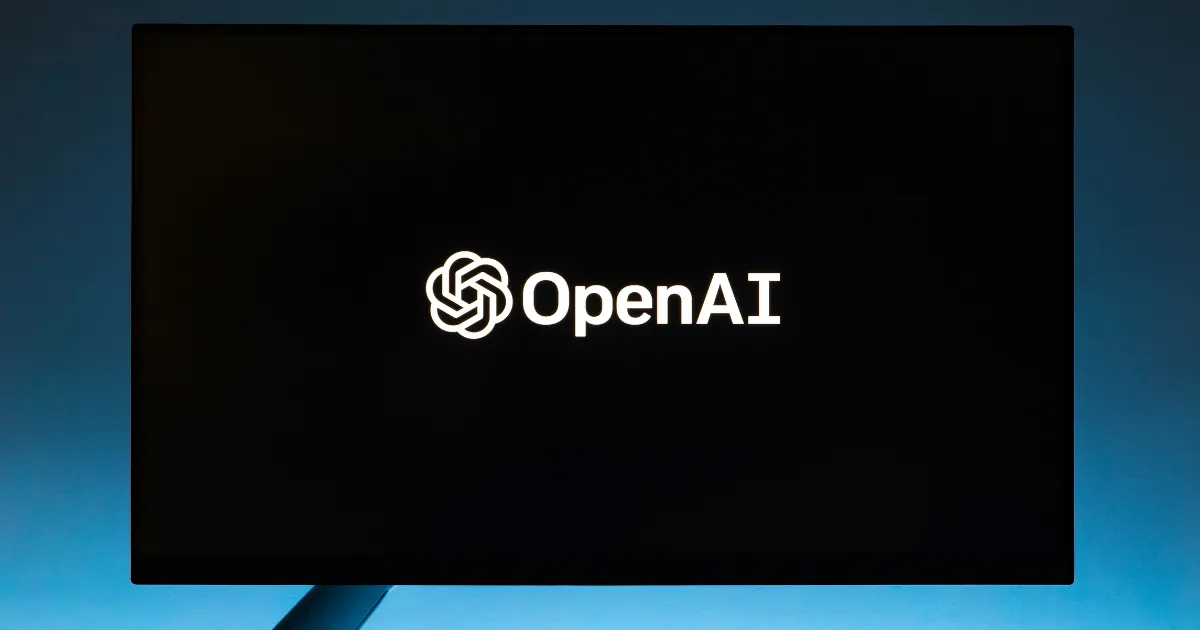Gates Foundation awards $5M to Swiss Axmed to strengthen maternal and child health procurement in Africa

In Sub-Saharan Africa, maternal and newborn deaths remain alarmingly high despite the availability of proven, life-saving medical interventions. Every year, over 287,000 women die from pregnancy and childbirth-related complications, while 2.3 million newborns perish in their first month of life. Sub-Saharan Africa accounts for about 70% of global maternal deaths, with Nigeria and Ethiopia among the countries most affected. These deaths are often preventable, but persistent challenges, such as weak procurement systems, limited budgets, and fragmented supply chains, continue to restrict access to essential maternal, newborn, and child health (MNCH) medicines.
According to the WHO, more than 60% of health facilities in low-income countries report regular stockouts of essential MNCH medicines. Amid a tightening global liquidity crisis and reduced donor funding, there is a growing urgency for innovative, scalable solutions.
Addressing these systemic issues head-on, theBill & Melinda Gates Foundationhas announced a $5 million grant to Axmed, a Swiss healthcare technology company revolutionising medicine procurement across low- and middle-income countries (LMICs). The grant, unveiled at the 78th World Health Assembly in Geneva, will serve as a 1:1 matching fund to catalyse up to $10 million in MNCH procurement across Sub-Saharan Africa.
By matching government procurement dollar-for-dollar, this grant offers Ministries of Health immediate liquidity and streamlined access to quality-assured medicines. It also delivers the benefits of pooled procurement, where demand is aggregated across countries, leading to greater bargaining power, lower prices, and enhanced supply chain security. Pooled procurement models have been shown to reduce medicine prices by up to 30% and cut delivery times by several weeks, according to a 2024 UNICEF report.
The funding aligns with the Gates Foundation’s ongoing commitment to reducing maternal and child mortality by strengthening national health systems, ensuring access to essential medicines, and enhancing procurement infrastructure in resource-limited settings. The Foundation has previously supported similar initiatives, such as the Global Fund’s procurement platform, which has saved billions in drug costs over the past decade.
Axmed was co-founded byEmmanuel Akpakwu,Sofia Radley-Searle, andFelix Ohnmacht. Akpakwu previously held the role of Chief Commercial Officer for Novartis in Sub-Saharan Africa, where he witnessed firsthand the hurdles that discourage manufacturers from entering and scaling in emerging markets. These challenges inspired the creation of Axmed, a platform designed to aggregate demand and build a more attractive, efficient, and scalable market for pharmaceutical suppliers.
Their goal was not just cost reduction but also reliable and equitable access to essential medicines for those who need them most. The founding team brings together expertise in pharma, technology, and African health systems and is supported by an advisory board that includes former WHO and UNICEF procurement specialists.
Axmed operates a digital procurement platform that connects institutional buyers, such as ministries of health, UN agencies, and NGOs, directly with vetted pharmaceutical suppliers. This model eliminates traditional layers of inefficiency in the procurement process.
Axmed uses its technology to aggregate procurement orders across multiple countries, enabling economies of scale. In 2024, buyers using the platform achieved 20–30% average cost savings, and in some MNCH product categories, discounts reached as high as 80%. The platform’s AI-driven analytics help forecast demand and optimise stock levels, reducing waste and preventing stockouts.
The platform also integrates logistics partnerships to manage end-to-end delivery, from the manufacturer to last-mile distribution, with full tracking and traceability. This ensures transparency, reduces stockouts, and improves accountability. Currently, the platform is being deployed across several LMICs and is aligned with national and regional procurement strategies. Axmed has partnered with innovative logistics providers such as Zipline to deliver drones in hard-to-reach rural areas.
As of early 2025, Axmed’s platform has facilitated over $15 million in medicine procurement, benefiting over 2 million mothers and children across six African countries. The company is currently in talks with additional governments and donors to expand its reach and impact further.
Axmed’s greatest strength lies in its combination of technology, finance, and logistics, an integrated approach rare in the public health procurement sector. While traditional procurement mechanisms are often bogged down by bureaucracy and inefficiencies, Axmed’s platform provides speed, scale, and transparency.
The 1:1 matching fund model, backed by the Gates Foundation, is particularly innovative because it offers immediate liquidity, a major barrier for many governments, while encouraging long-term reforms in procurement systems. This hybrid approach of short-term relief and systemic transformation is what makes Axmed stand out in the global health ecosystem.
Additionally, the company’s ability to deliver significant cost savings while maintaining high-quality standards positions it as a key enabler for universal health coverage and sustainable health financing. Axmed’s system includes robust quality assurance protocols, ensuring all medicines meet WHO prequalification or equivalent standards.
With the Gates Foundation grant as a catalyst, Axmed is poised for significant impact. The immediate goal is to unlock $10 million in MNCH medicine procurement across Sub-Saharan Africa. But the long-term vision is even more ambitious. It is to become the go-to platform for efficient, transparent, and cost-effective health procurement in all LMICs.
As governments and donors grapple with tighter budgets, platforms like Axmed could become essential tools for doing more with less, ensuring that limited resources go further, and that no mother or child dies for lack of affordable, accessible medicines.
Looking ahead, Axmed plans to expand its platform to cover additional essential medicines, including vaccines and treatments for non-communicable diseases, and to launch pilot programs in Southeast Asia and Latin America.
In a world where healthcare inequity still claims millions of lives each year, the company represents a powerful intersection of innovation, impact, and inclusivity.
“Reducing the number of preventable deaths of mothers and babies is key to our work in sub-Saharan Africa,” saidCynthia Mwase, Director of Health, Africa, Gates Foundation. “This partnership with Axmed and local health leaders is an important step forward in ensuring that life-saving innovations reach the communities where they can make the greatest difference – so that more families can experience healthy pregnancies, safe births, and strong starts to life.”
“Through our partnership with Axmed, the Government of Rwanda has shown that meaningful improvements in the efficient and sustainable delivery of high-quality medicines across multiple therapeutic areas can be achieved. Now, through this matching fund, our partnership will expand this impact even further, reaching the most vulnerable with urgency and precision. This matching fund is a strategic step forward in reimagining procurement in a new era of global health: smarter, faster, and designed to deliver measurable results across the entire health system in collaboration with partners who are both innovative and purpose-driven, “ said Dr. Loko Abraham, Chief Executive Officer for Rwanda Medical Supply.
“This fund is a clear example of how catalytic financing and technology can work together to deliver immediate and lasting impact,” said Emmanuel Akpakwu, Founder & CEO of Axmed. “Our goal is not just to deliver quality medicines faster and more affordably, but to help build more resilient and efficient procurement systems for the future.”

Published on Other News Site













